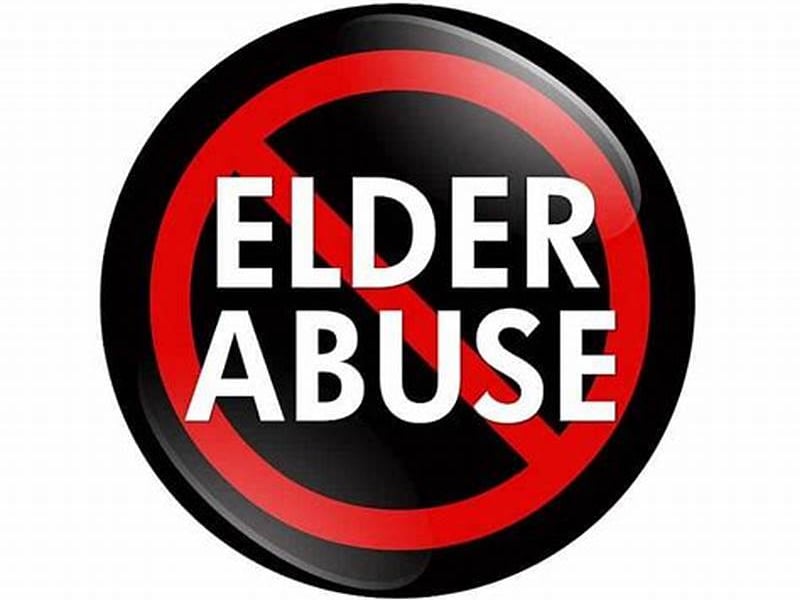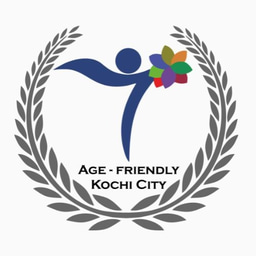Understanding Elder Abuse
Elder abuse is a serious and widespread issue that involves harm or neglect towards older adults, often perpetrated by caregivers or family members.
GENERAL
Author-Dr Sharon Anna Thomas ,Co author- Ms.Renjitha Rejikumar(BSW Dept.Mannam Memorial NSS College,Konni)
3/13/20243 min read


EVERY PERSON- NO MATTER HOW YOUNG OR HOW OLD DESERVES T BE SAFE FROM HARM BY THOSE WHO LIVE WITH THEM- CARE FOR THEM-OR COME IN DAY TO DAY CONTACT WITH THEM
Elder abuse refers to any form of mistreatment that results in harm or loss to an older person. It's a serious social problem that can take various forms.
WHAT IS ELDER ABUSE?
Elder abuse is a pervasive global issue that occurs within social, cultural, and family contexts, primarily taking place at home. It manifests in various forms, including physical, emotional, and financial harm, often continuing long-standing patterns of violence. Older individuals are vulnerable to abuse regardless of their physical health or cognitive abilities. Alarmingly, most cases of elder abuse go unreported and remain hidden, perpetuating the cycle of harm and neglect. It is crucial to raise awareness, encourage reporting, and provide support to combat this silent yet prevalent problem affecting older adults worldwide.
ELDER ABUSE -TYPES
Psychological/Verbal Abuse: Inflicting mental pain, distress, or fear through verbal or non-verbal acts, including intimidation and humiliation.
Physical Abuse: Inflicting physical pain or injury on an elder, such as hitting or pushing.
Sexual Abuse: Non-consensual sexual contact of any kind with an elderly person.
Financial/Exploitation: Illegal or improper use of an elder's funds, property, or assets.
Neglect by Caregiver: Failure to fulfill a caretaking obligation, evidenced by deprivation of food, shelter, health care, or protection.
Self-Neglect: Behaviors of an elderly person that threaten their own health or safety.
Abandonment: The desertion of an elderly person by an individual who has physical custody of the elder or by a person having assumed responsibility for providing care to the elder.
Denial of Rights: Violating an elder's civil and human rights by restricting their access to basic necessities or decisions.
Institutional Neglect: Substandard care or treatment given to elders in a facility responsible for their care.
Intentional/Unintentional Neglect by Caregiver: Intentionally or unintentionally failing to meet the care needs of the elderly, which can lead to physical harm or emotional suffering.
Each type of abuse can have long-lasting impacts on the health, well-being, and dignity of an elderly person, making it essential to identify and address promptly.
SIGNS OF ELDER ABUSE
•Behavioral or emotional Indicators –Change in sleeping pattern, eating pattern, fear or confusion or passivity or withdrawal-increasing depression, Hopelessness/ helplessness, contradictory statement, Reluctance to talk openly, Avoidance of eye contact, Isolated or confined to a room
•Indicators of Physical abuse – Unexplained falls/injury, Burns/Bruises of unusual types in unusual sites /cuts/finger marks-restrained marks such as rope marks, Under usage of medication ,Malnourishment or dehydration without an illness related cause, poor standards of hygiene, inappropriate of dressing.
•Financial abuse indicators- Erratic withdrawal of money, suspicious activities on credit /debit card or bank account, Lack of amenities to afford them, Untreated medical or mental health problems . Level of care is not satisfied with older persons income or assets
•Caregiver indicators – Tired / Stressed or excessively concerned ,Dehumanizing behaviour, History of substance abuse, Defensive response when questioning ,Long term caregiver.
•Indicators of sexual abuse – Sexually assaulted, Aggression,self mutilation, Frequent abdominal pain /unexplained anal or vaginal bleeding/Recurrent genital infection, Bruises around the breast ,Torned/Stained underclothing.
CAUSES OF ELDER ABUSE
•Family stress –Discord ,Life style adjustment
•Intergenerational relationship or marital violence or stress
• Financial resources
•New living arrangements with spouse and adult child
•Caregiver stress – sensitive cause
Personal problem, Job loss, Illness, Substance abuse, Tendency to violence/ physical force.
•Societal and cultural values /Traditional beliefs –Ageism, Lack of respect of elderly, Language barriers(Ethnic minorities/Recent migrants),Family rules ,Financial or emotional dependency.
PREVENTION OF ELDER ABUSE
•Enactment of preventive laws
•Implement the state /National policy
•Generate public awareness
•MWPSC Act 2007
•Reverse Mortgage
•Monthly allowance to parents
•Involvement of CBO/NGO
•Reporting and Redressal systems
•Age Friendly communities
POSITIVE STEPS TO PREVENT ELDER ABUSE
•Promote social attitude
•Good reporting and redressal system about elder abuse
•Educating the public regarding elder abuse to reduce harm reduction strategy.
•Increasing availability of respite care
•Good retiring community
•Improving friend network or social contact-Day care centers, Senior citizen associations, CBOs, Retired persons organization, Familial support to dependent persons ,counselling and treatment to cope with Family/Behavioural problems .
